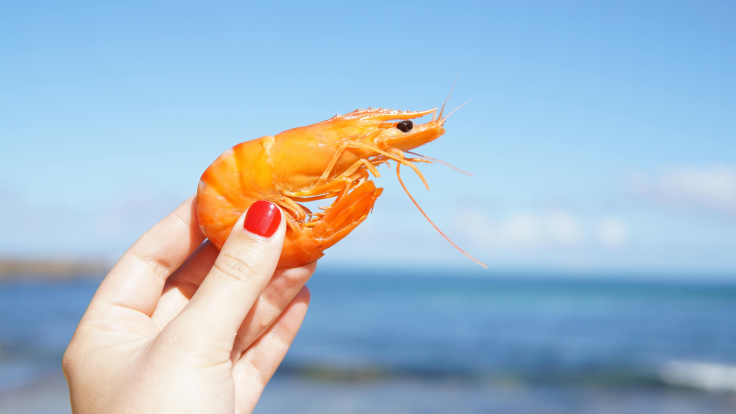
Federal regulators have issued an import alert and voluntary recall after a shipment of shrimp destined for Walmart tested positive for a man‑made radioactive isotope. US Customs and Border Protection (CBP) detected Cesium‑137 (Cs‑137) contamination in multiple shipping containers and frozen shrimp products processed in Indonesia and imported through four US ports, Los Angeles, Houston, Miami and Savannah. The US Food and Drug Administration (FDA) said one sample of breaded shrimp contained the radioactive material, prompting the chain to pull affected products from shelves.
Officials said the contamination is linked to shrimp from PT Bahari Makmur Sejati (BMS Foods), which has now been added to the FDA's 'red list', barring it from selling to the United States until it resolves the issue. Walmart removed potentially contaminated Great Value raw frozen shrimp and issued a sales restriction at the agency's request. Consumers are urged not to eat or serve any Great Value shrimp with lot codes 8005540‑1, 8005538‑1 and 8005539‑1, and to discard any packages they may have purchased.
What Happened
Earlier this month, CBP radiation scanners at US ports flagged several containers of shrimp shipped from Indonesia. Further analysis by the FDA's Office of Regulatory Science confirmed that one batch of breaded shrimp contained Cs‑137, a by‑product of nuclear fission often associated with medical equipment and nuclear power plants. The FDA said the contamination was likely due to 'insanitary conditions' during processing, not a deliberate addition. Despite the nickname 'radioactive shrimp', experts stress that the crustaceans themselves do not emit visible light or 'glow in the dark'. Cesium‑137 contamination is invisible to the naked eye and requires specialised equipment to detect.
When and Where did this Occur
The discovery was announced by the FDA on Tuesday after CBP notified the agency of detections at the ports of Los Angeles, Houston, Miami and Savannah. An import alert was issued two days later, effectively halting shipments from BMS Foods until US inspectors are satisfied the problem has been resolved.
Walmart acted immediately on the FDA's request and began removing the product from stores across the United States.
Who is Involved
The incident involves several parties: CBP, which intercepted the shipments; the FDA, which is responsible for food safety; Indonesian processor BMS Foods; and Walmart, which sells the shrimp under its Great Value brand.
The detection was made public in a joint statement from the FDA and CBP, and Walmart confirmed the recall through a statement to Fox Business. Indonesian seafood authorities are working with US counterparts to investigate the source of the contamination.
Why is Cs‑137 Contamination a Concern
Cs‑137 is a radioactive isotope with a half‑life of about 30 years. It can cause cancer at high doses, but experts say the level detected in the shrimp sample poses a low risk to human health. Nevertheless, the FDA considers any detectable level in food unacceptable and is treating the incident seriously.
The contaminated shipment was flagged after routine screening. Authorities said no illnesses have been reported. Cs‑137 contamination in food can occur through environmental pollution or mishandling of medical devices containing the isotope.
Preventing Contaminated Products from Reaching Consumers
The FDA has placed BMS Foods on its import red list, meaning shipments from the company will be detained without physical examination. Inspectors will continue to monitor imports from Indonesia and other countries for radioactive contaminants.
Walmart has issued a voluntary recall and is cooperating with regulators. The company said it is working with the supplier to determine how the contamination occurred and is ensuring that no affected products remain on sale. Regulators have also reminded consumers to check lot numbers on packages and to contact Walmart or local health departments with concerns.







